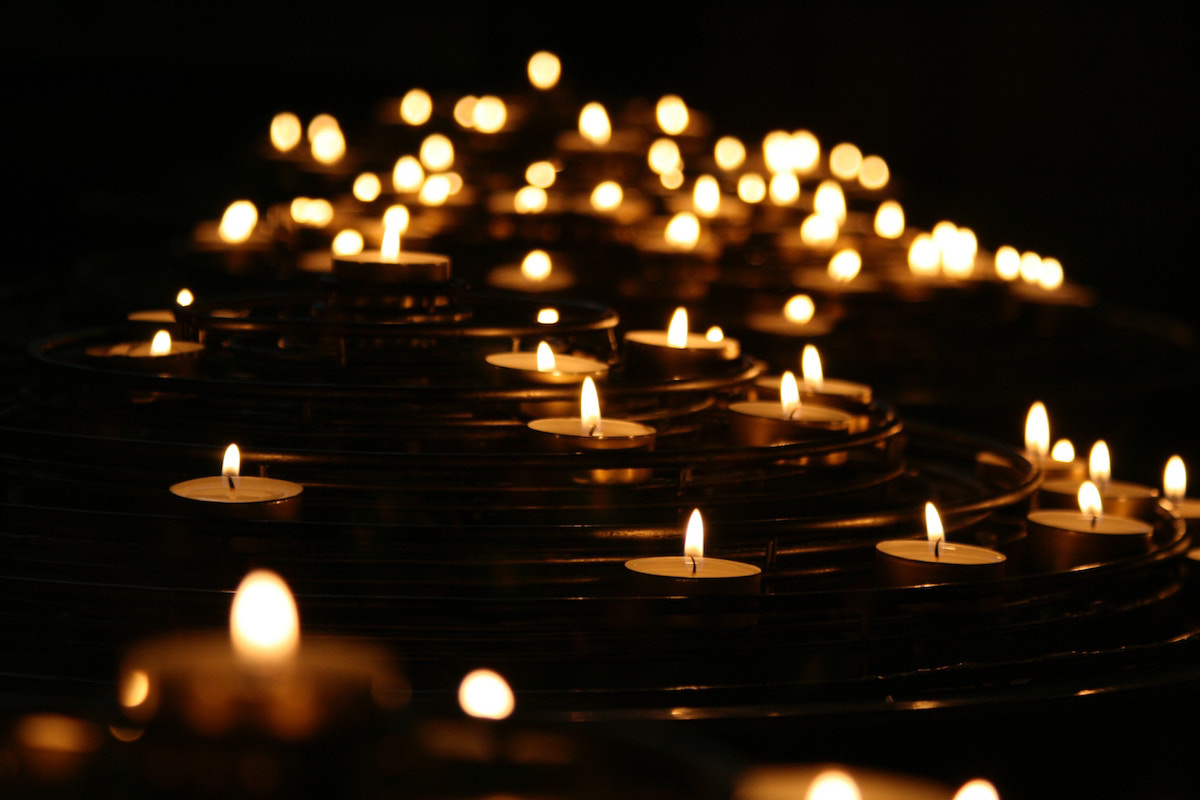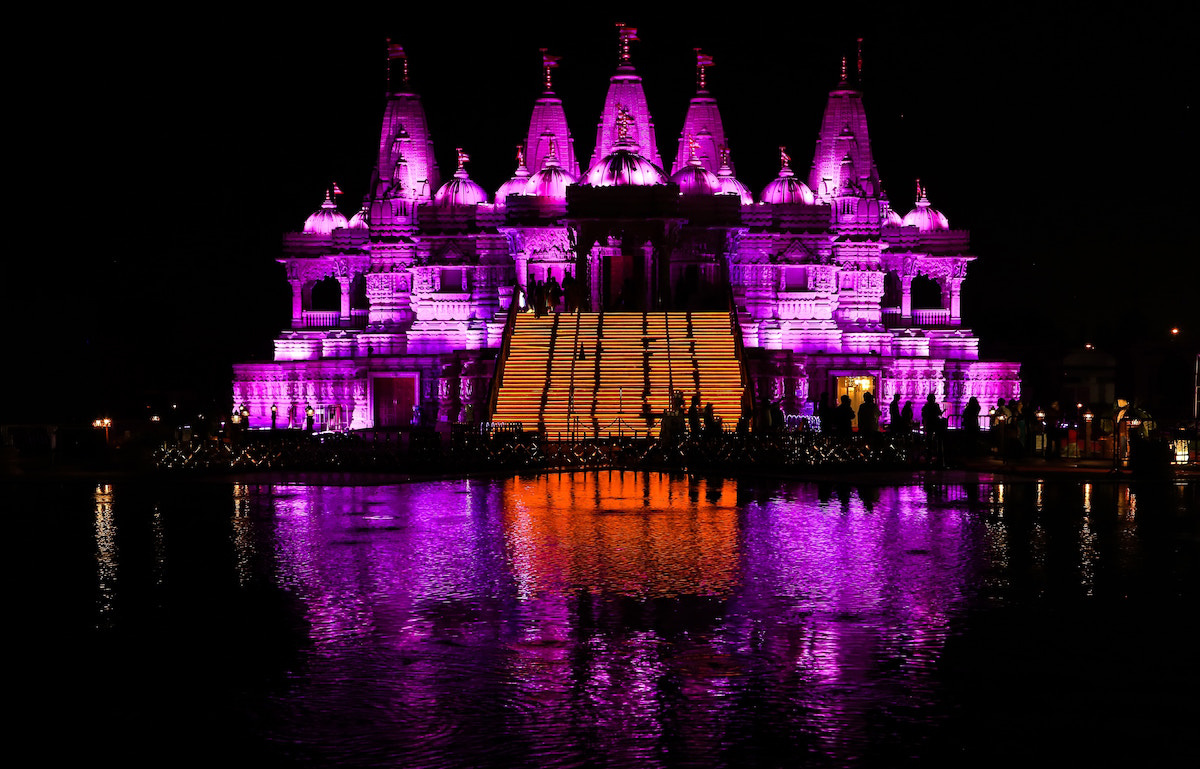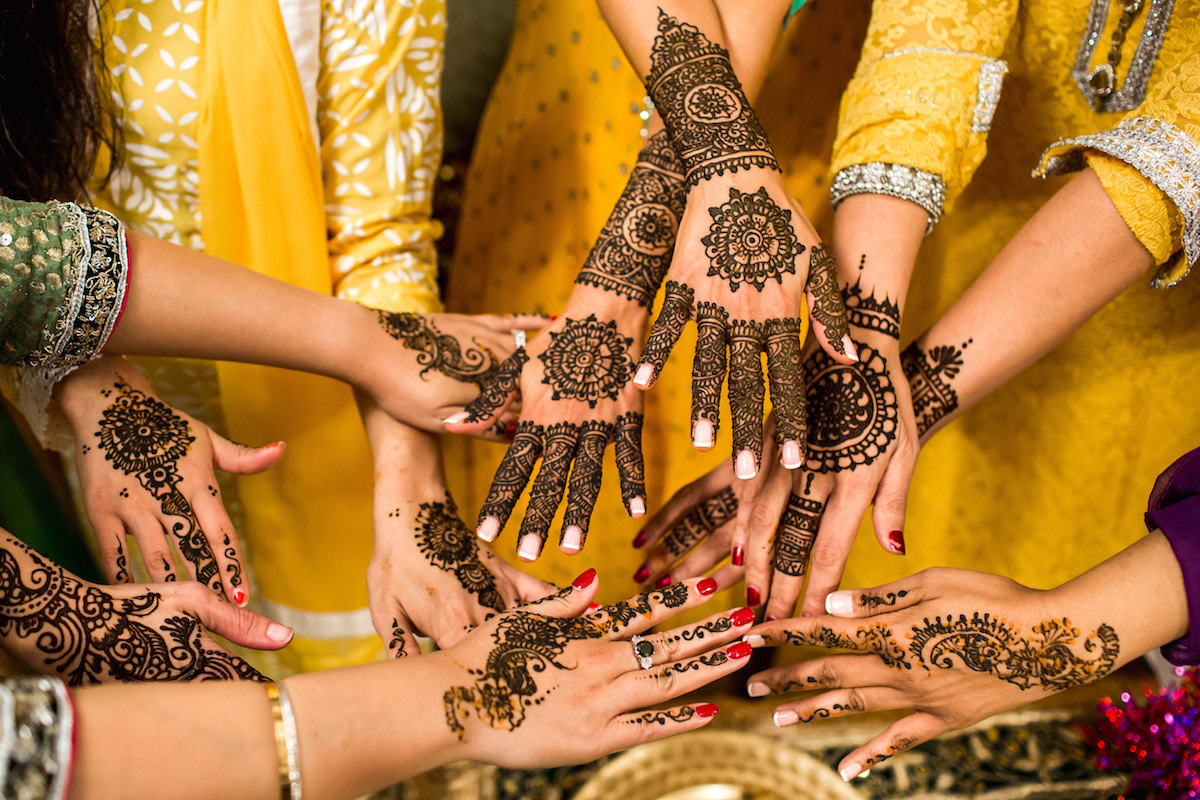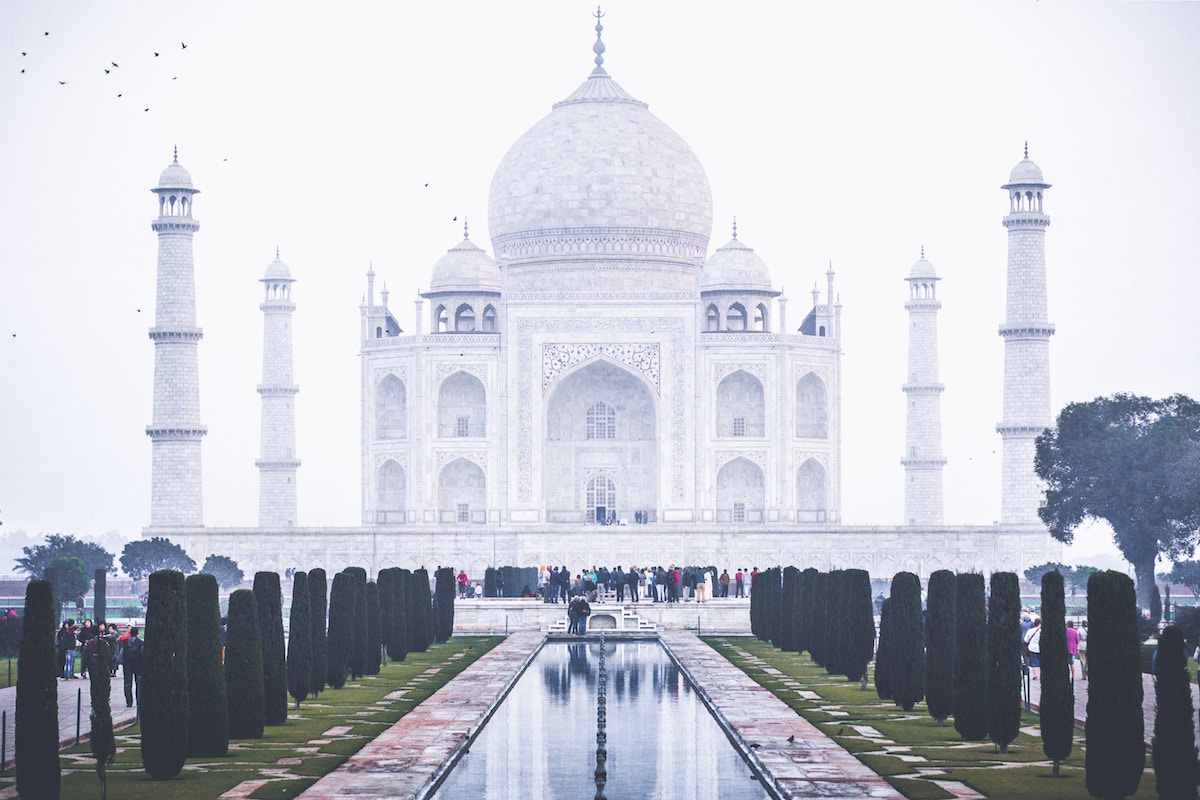Millions of people around the world will come together to celebrate Diwali, the annual Hindu Festival of Lights this year, on Wednesday, 7 November. The annual festival is one of the most significant events on the Hindu calendar and has gained popularity across cultures, as more people are drawn in by fireworks, feasting and communal joy. Here’s your travel guide to Diwali:
Traditionally a Hindu Festival, Diwali (or Deepavali) is marked by Sikhs, Buddhists and culture-lovers around the world.
A five-day celebration takes place each year at the end of October or early November, determined by the cycle of the moon.
The festival celebrates the spiritual victory of light over darkness and good over evil. Fireworks, candles and lamps signify light's triumph. It is believed that evil spirits are destroyed into ashes by the fireworks and rooms and streets are lit up for the Festival of Lights.

In India, the birthplace of Diwali, preparations begin weeks beforehand. Houses are cleaned and painted, food prepared, lamps and fireworks made, and shopping done for gifts and clothing for family and friends.
Special attention is given to decorating the entrances of homes to welcome guests and walkways are lined with small clay lamps or diyas (a diya is a traditional clay lamp). The Sanskrit word "deepavali," means "series of lighted lamps" and diyas are lit and windows and doors and thrown open to ensure there is no room for darkness to enter.

Rangoli designs — a type of traditional Indian art comprising of intricately detailed patterns — feature extensively. These intricate patterns use combinations of circles and lines and images of wildlife, nature and deities and are created using coloured rice, dry flour, coloured sand or flower petals. Rangoli designs are used to decorate doorsteps, courtyards and floors and fairy lights, candles and flowers are spread throughout homes.
Outfits are important too. Traditionally, after a three-oil bath and careful cleansing of the body, prayers are said before a traditional meal. The festival is marked by bright colours and lights, so vibrantly coloured outfits (often newly bought for the occasion) are popular. Women are usually adorned out with jewellery and henna.

Diwali is an official holiday not only in India but also in Fiji, Malaysia, Mauritius, Myanmar, Nepal, Singapore, Sri Lanka, and Jamaica.
In Durban (home to South Africa’s largest Indian community), Diwali celebrations are more low-key than in India but special nonetheless. There are many shopping and cultural festivals leading to the day.
Next year, festival celebrations in India will start on 27 October 2019. Want to see it for yourself? Trafalgar’s Treasures of India itinerary journeys through the country during this time and will celebrate Diwali in the colourful city of Jaipur.

Travellers can observe the preparation and celebrations leading up to the event, and will also have the unforgettable experience of celebrating with a local family in their home.
Click HERE to see a few more fun festivals, carnivals and markets celebrated around the world.
Book now with Sure Travel and save big on Trafalgar’s Treasures of India itinerary. Contact your local agency to enquire or book, or call +27 (0)861 47 48 49.